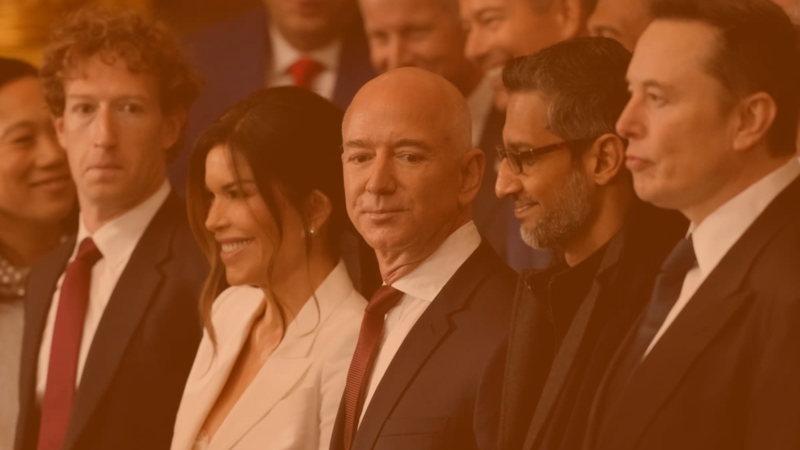Would you give up your firstborn child for free WiFi?
Of course not – if you knew these terms and conditions. Except that is exactly what scores of people did when they were asked if they wanted free WiFi at Picadilly Circus, London. Nobody bothered to read the terms – which contained a clause that forces you to give up your firstborn child.
The same level of unknowing vulnerability applies to Facebook’s terms and conditions. You “freely” enter into a contract that is nonnegotiable and impossible to read, and yet carries implications far beyond the platform.
We now know that Facebook not only took our data, but also gave them to Cambridge Analytica, among many others. But which others? We don’t know.
Why not? The answer to that question breaks up into three pieces:
The first is that Facebook is a de facto monopoly. Its business model is based on avoiding competition at all cost. Buying Instagram was a perfect example.
The second is that the authorities by and large ignore Facebook’s monopoly position. They seem to think that, just because a monopoly is de facto, it can be left alone.
Of course, European law is quite clear on the question of monopolies: they are bad. The law offers both the authorities and private parties, such as customers or the competition, many tools to challenge monopoly actors. But European authorities have yet to adopt such a bold approach.
The third is that the law offers Facebook additional monopoly power in the form of “Intellectual Property” and “Trade Secrets.” Because of these monopoly rights, Facebook can shield, from you, the way it uses your data — e.g. the algorithms that decide which news is fake enough for you. In return, the governments get, oh, nothing. Neither do you.
The common element of these three pieces is monopoly. And here lies the solution: to break down Facebook’s monopolies.
Is that hard?
Yes and no. It can be done today, within the framework of existing law and policies. The only thing you need is common understanding of the issue, and political will to push through an effective solution.
One example would be to deny Facebook “protection” of the algorithms, code and APIs it uses to harvest your data. A practical way to do that would be to force Facebook to open up to anyone the terms on which data can be obtained and publish who does it and how much they pay for it. Logistically, that’s easy for Facebook to do: it’s basically opening part of their financial reporting with all the details.
And then you apply a couple of very simple principles:
First, Facebook may not use its monopolies to discriminate between anyone who uses the data. It must offer Fair, Reasonable, Open and Non-Discriminatory (FROND) licensing terms on the data it holds.
Second, Facebook needs to publish its algorithms and how they are used to select things such as your newsfeed.
Third, Facebook APIs to third parties may not be closed or materially altered by Facebook without the approval of the third parties who use them, and Facebook may not discriminate between third parties who use its APIs.
A second example would be to set up unionization of Facebook users. The terms and conditions of using the platform would then no longer be imposed by Facebook, but by its users, who negotiate those terms on their own behalf.
How do you enforce that? Again, by applying the law that forbids cartels and monopolies. Those laws already exist, and, when used properly, can be very effective.
The only problem is, of course, that any politician who would propose such rules might suddenly find themselves unelectable, because of some fake news stories selected by some secret algorithm, shown to the very people who could vote her out of office.
Joren is a founding member of DSC Brussels and elected member of the Belgium NC of DiEM25. He’s a serial entrepreneur and investor in tech startups.
Do you want to be informed of DiEM25's actions? Sign up here















